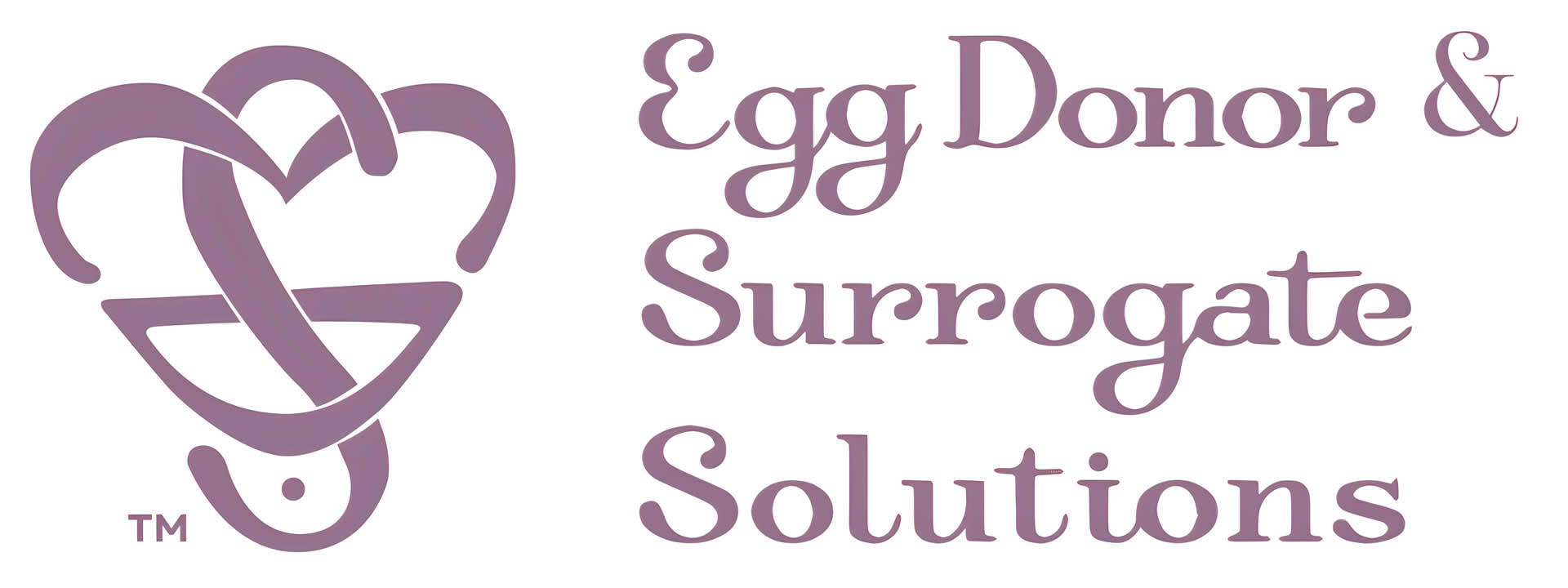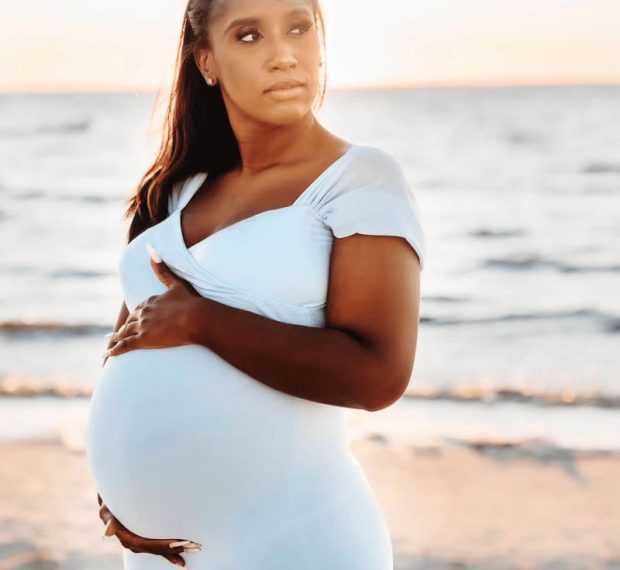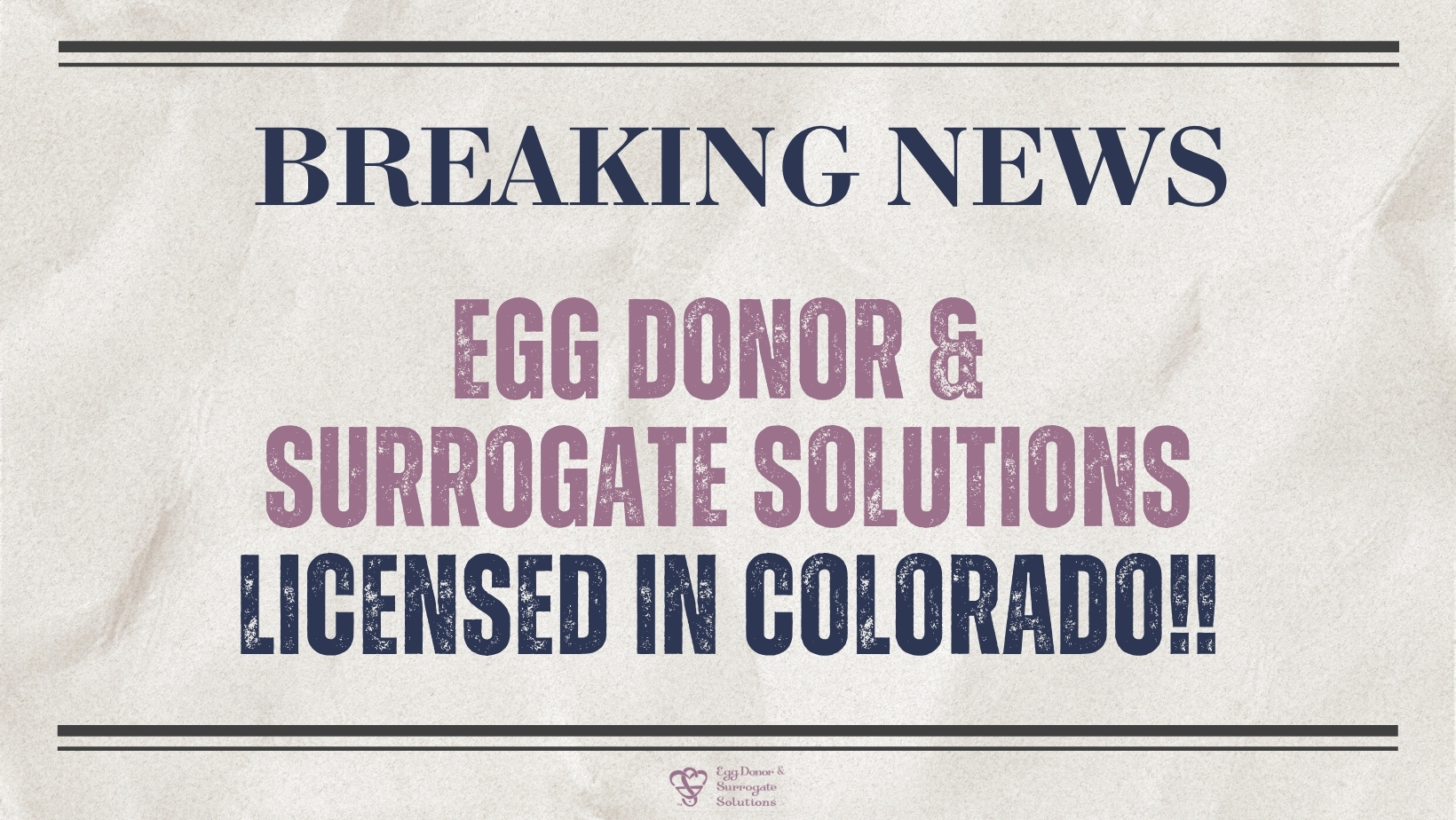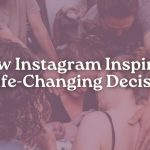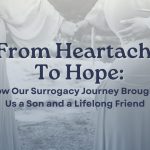We are proud to share that Egg Donor & Surrogate Solutions is one of the first agencies to become licensed by the Colorado Department of Public Health and Environment (CDPHE), following a new law that went into effect this year.
The Protections for Donor-Conceived Persons and Families Act was passed by the Colorado legislature in 2022 to remove donor anonymity, enabling donor-conceived people to learn the donor’s identity when they turn 18, and enhance transparency in the fertility industry. The groundbreaking legislation is the first of its kind in the United States and requires gamete agencies, gamete banks and fertility clinics that facilitate egg and sperm donation to go through an extensive licensing process to operate in Colorado.
“We’ve always believed that families deserve safe, ethical, and compassionate guidance through every step of their third-party reproduction journey,” said Executive Director Katy Encalade. “We know that Colorado families deserve exceptional agencies who are committed not just to compliance but to care. This licensure ensures the intended parents and egg donors we serve in Colorado are protected under clear standards that prioritize transparency, ethics, and long-term well-being.”
Click here to view our Colorado License
To be licensed by the CDPHE, the following rules and regulations apply:
- Record collection and retention
Donor identifying and contact information must be collected, as well as medical information including the donor’s personal health information, a three-generation family medical history, and gamete screening. The records must be kept in perpetuity, and donors must be informed about the future disclosure of their identifying information. - Donor identity disclosure
At age 18, donor-conceived individuals may request the donor’s name and contact information from the gamete agency or fertility clinic that facilitated the match. This is a best practice encouraged by many advocates in the donor-conceived community known as “open-ID at 18.” While this practice is becoming more common, Colorado is the first state to mandate identity disclosure for gamete donors. - Educational materials
Intended parents and donors must be provided with comprehensive educational materials that cover important topics such as shared DNA between donors and donor-conceived children; genetic screening; social, emotional, and medical considerations for donors; and advice for parents about early disclosure and how to talk with their children about donor conception. The educational materials developed by the CDPHE in collaboration with mental health professionals and other stakeholders can be found here. - Family limit for donor gametes
No more than 25 families worldwide can be established using gametes provided by a single donor. Gamete agencies must make a good faith effort to limit the number of families by requesting information about live births from recipient parents. - Donor limits
Colorado requires egg and sperm donors to be at least 21 years old. In addition, egg donors are limited to a maximum of six donation cycles in their lifetime, which is the standard recommended by the American Society of Reproductive Medicine. - Procedural manual
Entities that facilitate egg and sperm donation must provide a procedural manual detailing how they will adhere to the rules and regulations outlined above, as well as ensure that staff are properly trained and agree to comply with the policies required for licensing. - Dissolution plan
A written plan for permanent record retention in the event of bankruptcy, insolvency, or dissolution must be submitted before an entity can receive a license from the CDPHE.
Egg Donor & Surrogate Solutions has been following these best practices for quite some time, and Colorado’s new licensing requirement formalizes these guidelines for gamete banks and agencies to continue operating in the state.
Additional best practices we have implemented include encouraging recipient families and egg donors to sign up for the Donor Sibling Registry, so that both parties have a way to contact one another to share updated medical information and/or if there is a mutual desire to connect and share identifying information before the donor-conceived child turns 18. In addition, Egg Donor & Surrogate Solutions offers a Known/Identified Donor Program for intended parents and egg donors who wish to connect from the very beginning.
“As an agency that has always believed donor-conceived people should have access to information and connection whenever possible, we fully support Colorado’s efforts to uphold that value,” Encalade said. “The new licensing requirements align with what we’ve long practiced—encouraging openness, preserving records, and supporting every person impacted by the gift of donation. Ultimately, this process has reinforced our commitment to doing what’s right, not just what’s required. We’re honored to serve the Colorado community and grateful for the opportunity to continue walking alongside families as they grow.”
Our team is made up of previous egg donors, surrogates, parents via egg donation and surrogacy, nurses and social workers and bring unmatched experience and deep empathy to every client. We are trained to support legal, ethical, and emotional considerations every step of the way, ensuring patients and clients feel safe, informed, and empowered throughout the third-party reproductive journey.
Whether you’re an intended parent in Colorado seeking to build your family, a clinic looking for an agency that can support complex case coordination, an attorney seeking legally sound matches, or a mental health provider advocating for ethical treatment of donors and surrogates—Egg Donor & Surrogate Solutions is prepared to partner with you.
For more information or to discuss partnership opportunities, please contact Info@CreateAHappyFamily.com.
🎙️To learn more about what sets Egg Donor & Surrogate Solutions apart from other agencies, listen to our podcast episode, “18 Lessons from 18 Years in Egg Donation & Surrogacy”, featuring our Executive Director, Katy Encalade.
